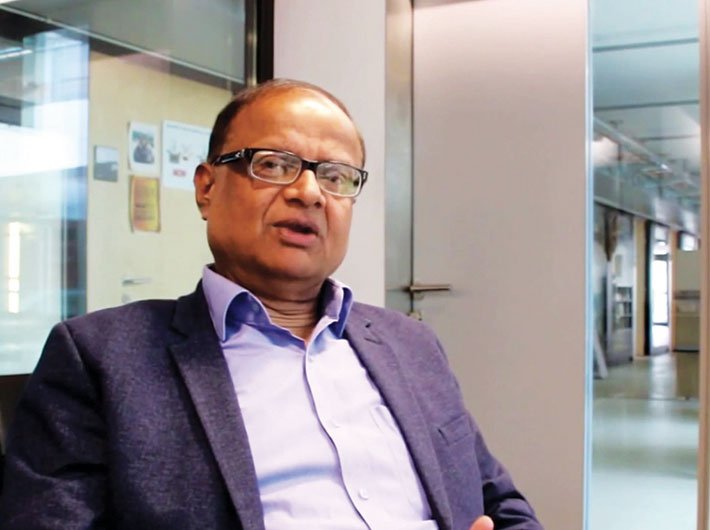Kamal Kar has been a pioneer in propagating the Community-led Total Santiation (CLTS) approach to put an end to open defecation around the globe. In an interaction with Sreelatha Menon, Kar explains how it works and how it has managed to be successful. Excerpts:
What exactly is CLTS?
It means Community-Led Total Sanitation that mobilises communities to completely eliminate open defecation. They are facilitated to conduct their own appraisal and analysis and take their own action to become open defecation-free. CLTS aims at behavioural change and invests in community mobilisation instead of hardware, thereby shifting focus from toilet construction for individual households to creation of open defecation-free villages.
How exactly does the community bring about change in itself?
Each community finds its own method. It is about local initiative. So every CLTS would be unique. The villagers are brought together and asked to show the dirtiest place in the area and also spot places they use for defecation. It is a sort of walk of shame. Then they are often shown a glass of water in which a blade of grass with faeces is dipped. They are asked if they can use it. They are then told how flies do the same thing to water bodies and food consumed by the villagers and how they are continuously consuming excreta. It is a change in mindset through shock and surprise. Once that is done, they don’t wait for subsidies to start using a toilet.
Why does the government not see advantage in a strategy that doesn’t require much money?
Governments love subsidies. Why else would Tamil Nadu chief minister Jayalalithaa distribute rice and television? Populism brings votes. And toilets involve the largest distribution of money in the country. Who would want to stop that? Do you think Jairam Ramesh didn’t know this?
Why is not a single state in India going for CLTS even if the centre is not interested?
The states are scared that if they go with CLTS, the centre would deny them the central share of funds in the sanitation programme. The centre should just give a directive that the reward would be based on having open defecation-free districts and states. It should withdraw emphasis from toilet construction. If typhoid and cholera cases in a state decline, it is proof that the state is moving in the right direction.
Read more: More money down the drain
Why is the health aspect not highlighted?
Unfortunately sanitation does not come under the ministry of health. It could have rewarded states with reduced cases of cholera and stunting.
Shouldn’t the government provide assistance to the poor to build toilets?
The government can subsidise toilets (commodes) sold in markets just as it subsidises petrol, diesel and cooking gas.
What are the health impacts apart from cholera? And what is the guarantee that CLTS would work?
The health impacts come from ingestion of faeces through food. And even if a minority practises open defecation, the risk of contamination and infections remains. In the next ten years, 10 million children would be stunted and millions would die of diarrhoea. The government and the media have so far turned a blind eye to the fact that money is being wasted on an ineffective programme. Will they take responsibility for the dead and stunted children too?
Menon is a freelance journalist

